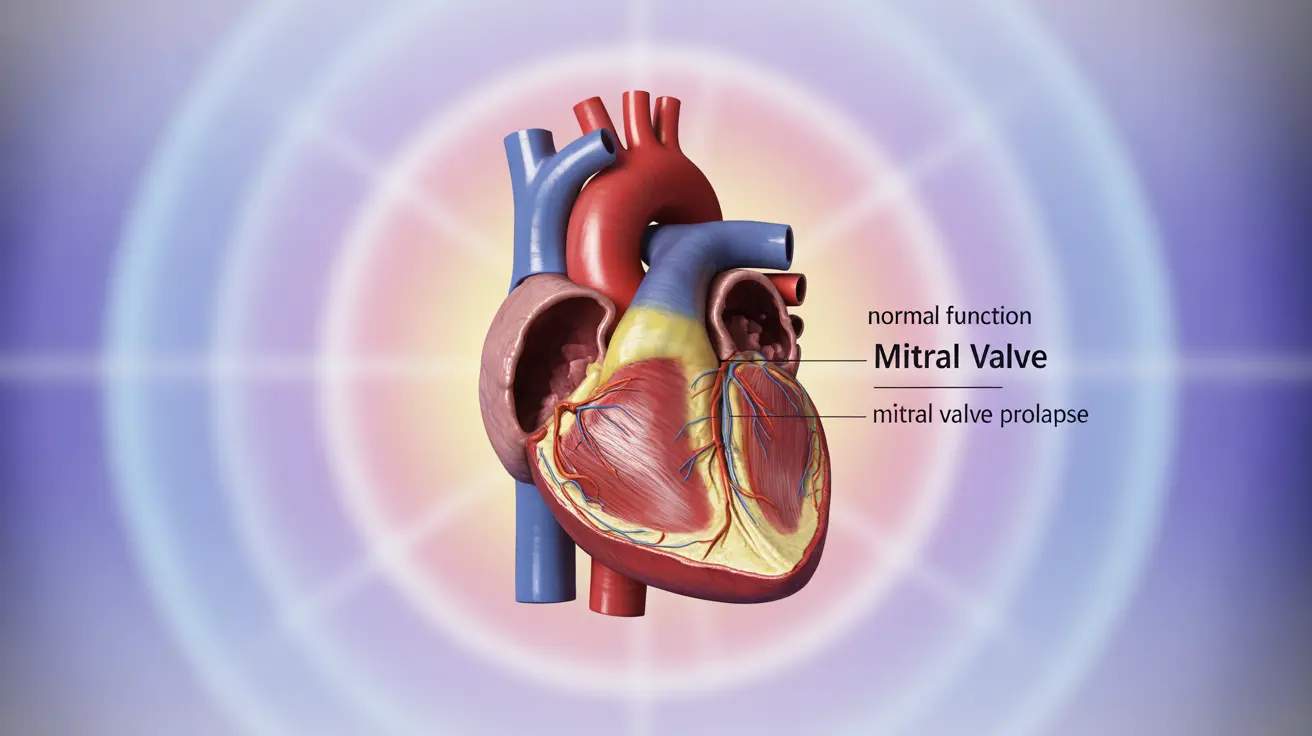Mitral valve prolapse (MVP) is a common heart valve condition that often requires careful medical management. Understanding the available medication options and treatment approaches is crucial for patients diagnosed with this condition. This comprehensive guide explores the various medications used to treat mitral valve prolapse and when different treatment options might be necessary.
While not all patients with mitral valve prolapse require medication, those who experience symptoms or complications may benefit from various pharmaceutical interventions. The choice of medication depends on individual symptoms, severity of the condition, and other health factors.
Common Medications for Mitral Valve Prolapse
Several types of medications may be prescribed to manage mitral valve prolapse symptoms and prevent complications. These medications are typically selected based on specific symptoms and risk factors.
Beta-Blockers
Beta-blockers are often the first-line medication for managing mitral valve prolapse symptoms. These medications work by:
- Reducing heart rate
- Controlling palpitations
- Decreasing blood pressure
- Managing anxiety-related symptoms
Common beta-blockers prescribed for MVP include metoprolol, atenolol, and propranolol. Side effects may include fatigue, cold hands and feet, and sleep disturbances.
Anti-Arrhythmic Medications
For patients experiencing irregular heartbeats, anti-arrhythmic medications may be prescribed to help maintain normal heart rhythm. These medications work specifically to control electrical impulses in the heart.
Blood Thinners
Anticoagulant medications may be necessary for some patients, particularly those with:
- History of blood clots
- Severe mitral regurgitation
- Atrial fibrillation
- Previous stroke risk
Preventive Medication Approaches
Antibiotic Prophylaxis
While antibiotic prophylaxis guidelines have changed over the years, certain high-risk patients may still need antibiotics before dental or medical procedures. This preventive approach helps protect against infective endocarditis.
Medications for Associated Conditions
Some patients may require additional medications to manage related conditions or complications:
- Diuretics for fluid retention
- Anti-anxiety medications
- Blood pressure medications
- Pain relievers for chest discomfort
Non-Medication Management Options
Not all cases of mitral valve prolapse require medication. Some patients can be effectively managed through:
- Regular medical monitoring
- Lifestyle modifications
- Dietary changes
- Stress management techniques
- Exercise programs (as approved by healthcare providers)
Surgical Considerations
In some cases, medication alone may not be sufficient, and surgical intervention might be necessary. Surgery is typically considered when:
- Severe valve regurgitation is present
- Symptoms become unmanageable with medication
- The valve structure is significantly damaged
- There's risk of heart failure
Frequently Asked Questions
What medications are commonly prescribed to manage symptoms of mitral valve prolapse? The most commonly prescribed medications include beta-blockers for heart rate and rhythm control, anti-arrhythmic drugs for irregular heartbeats, and in some cases, blood thinners or anti-anxiety medications.
How do beta-blockers help in treating mitral valve prolapse and what are their side effects? Beta-blockers help by reducing heart rate, controlling palpitations, and managing blood pressure. Common side effects include fatigue, cold extremities, sleep problems, and sometimes decreased exercise tolerance.
When are blood thinners necessary for patients with mitral valve prolapse? Blood thinners are typically prescribed for patients with severe mitral regurgitation, history of blood clots, atrial fibrillation, or those at higher risk for stroke.
Are antibiotics still recommended for preventing infections in mitral valve prolapse patients before dental or medical procedures? While routine antibiotic prophylaxis is no longer recommended for all MVP patients, certain high-risk individuals may still need preventive antibiotics before specific procedures. This decision is made on a case-by-case basis.
Can mitral valve prolapse be managed without medication, and when is surgery considered? Many cases of MVP can be managed without medication through regular monitoring and lifestyle changes. Surgery becomes necessary when there's severe valve regurgitation, unmanageable symptoms, significant valve damage, or risk of heart failure.




